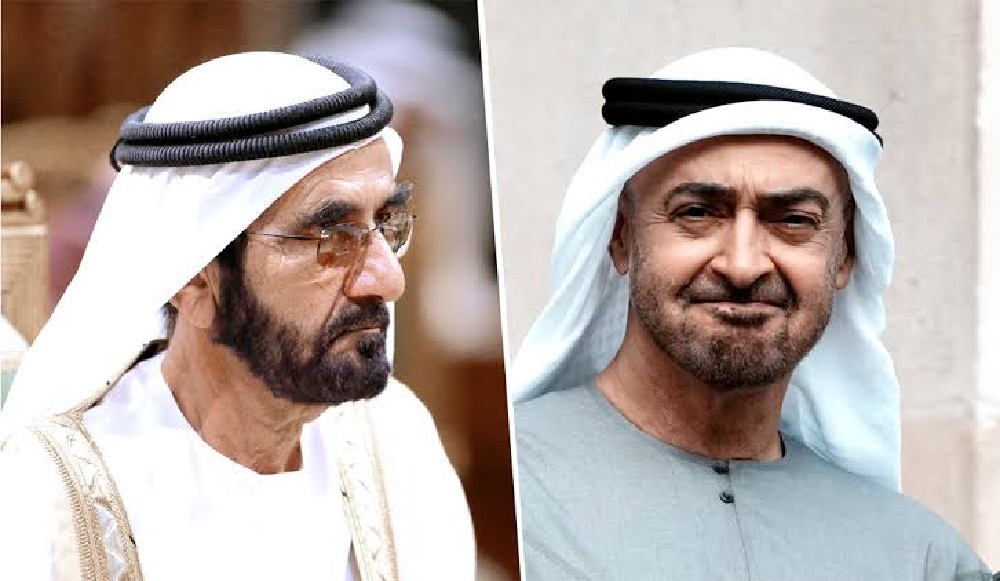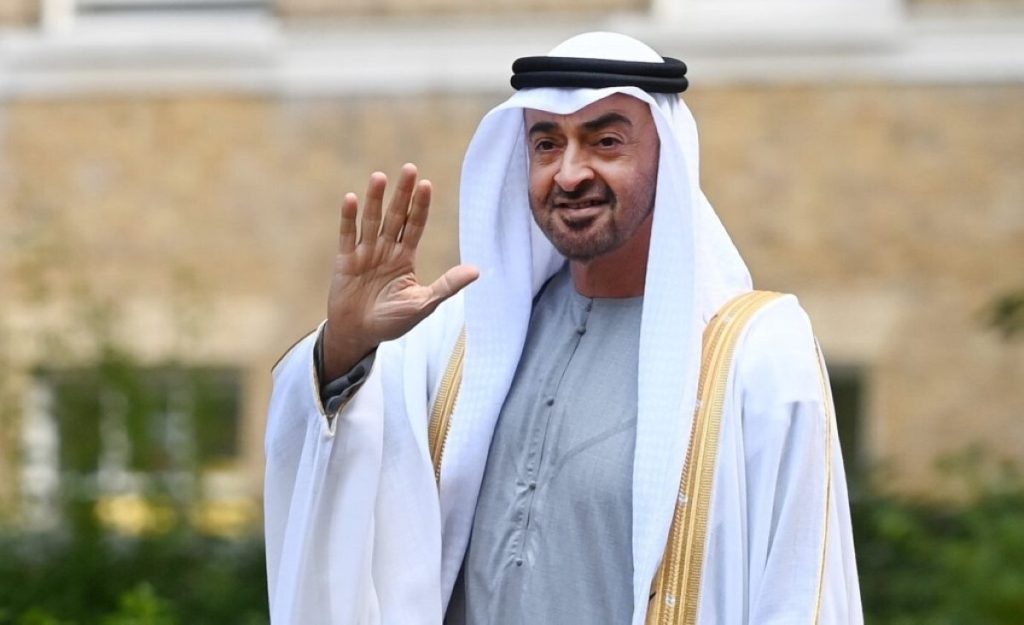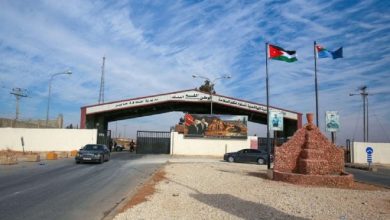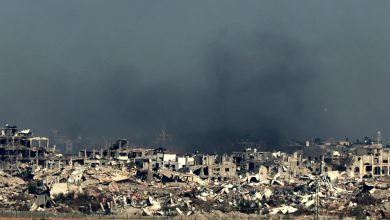UAE: A History of Widespread Espionage and Surveillance
How the United Arab Emirates Has Leveraged Advanced Technologies and Cross-Border Tactics to Suppress Dissent and Silence Critics Domestically and Internationally

Watan-Over many years, the United Arab Emirates (UAE) has demonstrated blatant disregard for the rule of law and individual rights, amassing a track record of engaging in extensive surveillance and espionage tactics against critics and dissidents, both within and beyond its borders.
The UAE regime, including the ruling elite in Abu Dhabi and Dubai, has been accused of employing advanced electronic surveillance tools to infiltrate the phones, email accounts, and digital communications of activists, journalists, and even foreign government officials.
This electronic spying violates the privacy and rights of targeted individuals and poses a broader threat to the security and stability of democratic processes worldwide.
The UAE’s willingness to engage in such activities highlights a concerted effort to undermine the principles of free expression, opposition, and accountability that form the foundation of democratic societies.
Experts affirm that this cross-border repression extends beyond UAE borders through the use of secret agents, mercenaries, and the exploitation of international law enforcement mechanisms and institutions.
The UAE’s authoritarian agenda abroad reflects its tight grip on domestic politics, suppressing any form of dissent or opposition.
Activists, journalists, and ordinary Emiratis who dare to speak out against the regime face harsh penalties, including imprisonment, torture, and other severe human rights violations.
The UAE’s repressive tactics are not limited to dissidents and activists; they also target anyone perceived as a threat to its interests, including international businessmen operating within the country.
Two cases illustrate the serious risks associated with doing business in the UAE and its disregard for due process and human rights, even for foreigners.
Ryan Cornelius, a British businessman, and Zack Shahin, an American executive, were victims of separate cases of arbitrary detention. Cornelius was arrested in 2008 on fraud charges related to a real estate development project in Dubai.
Despite a lack of evidence and a declaration by the United Nations Working Group on Arbitrary Detention that his detention was arbitrary and a call for his immediate release, Cornelius remains imprisoned under harsh conditions in the UAE.
Ryan Cornelius is just one of thousands of expatriates who have been imprisoned in Dubai after becoming entangled in the emirate’s harsh legal system, which is often subject to manipulation by powerful individuals.

This includes Shahin, a former executive at a major real estate development company in Dubai, who was also arrested in 2008 on embezzlement charges, although none of the allegedly stolen funds could be directly tied to him.
Shahin has been imprisoned for a long time and subjected to severe mistreatment, despite numerous international calls for his release, including those from the United Nations Working Group on Arbitrary Detention.
This disregard for the rule of law has resulted in cross-border repression beyond the UAE. While the UAE projects an international image of prosperity and economic progress—crafted through an expensive public relations campaign involving Western PR firms and lobbying groups—it reacts harshly to criticism of its well-documented human rights violations.
Abu Dhabi has achieved this not only through a carefully curated PR image but also by strategically placing Emirati officials in influential roles within international organizations, such as Interpol, to expand its influence, reduce international scrutiny, and protect its domestic and global interests.
The rise of Ahmed Naser Al-Raisi—an Emirati official accused of complicity in torture during his tenure as a senior official in the Ministry of Interior—to the presidency of Interpol, an organization designed to facilitate international police cooperation, is a prime example.
Experts emphasize that these tactics by the UAE pose a significant threat to democratic values and human rights.
The UAE’s global campaign to spy on and suppress dissenters includes operations like Project Raven—a secret program in which former U.S. intelligence agents were hired to help UAE authorities “engage in surveillance of other governments, militants, and human rights activists critical of the monarchy,” as reported by Reuters in 2019.

Another tool in the UAE’s spyware arsenal, known as Karma, enabled the regime to hack into iPhones belonging to activists, diplomats, and rival foreign leaders. This malicious program gave the UAE unrestricted access to monitor the communications and movements of its perceived enemies around the world in secret.
The UAE has also defamed and harassed organizations and individuals who speak out against its human rights abuses. The Islamic Relief Worldwide, a major international charity based in the UK that works regularly with the United Nations, USAID, and European governments, was targeted by an orchestrated media campaign alleging ties to terrorism.
The UAE funded this smear campaign, employing a private intelligence firm in Geneva, after its government listed Islamic Relief on its “terrorist organizations” list—accusations the charity has vehemently denied. This pattern of cross-border intimidation demonstrates the lengths to which Abu Dhabi will go to suppress any perceived threat to its interests.






